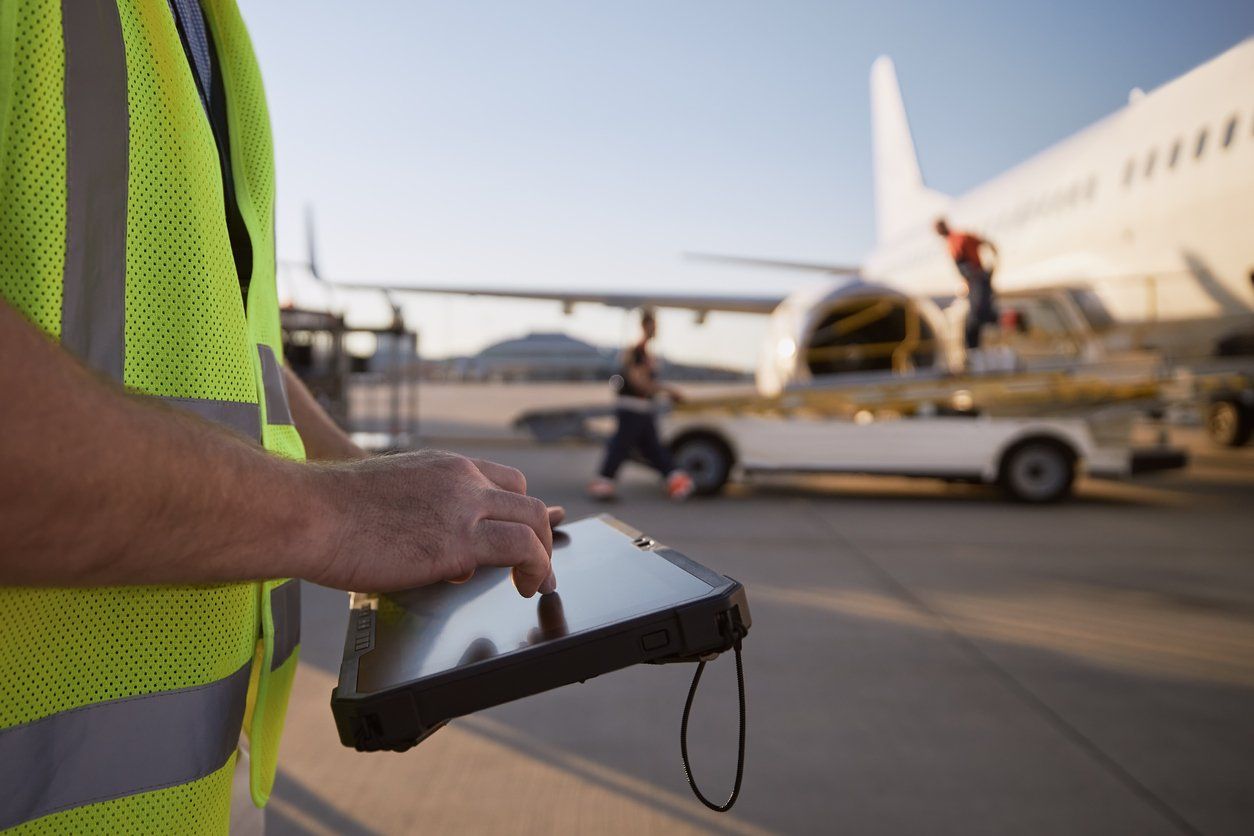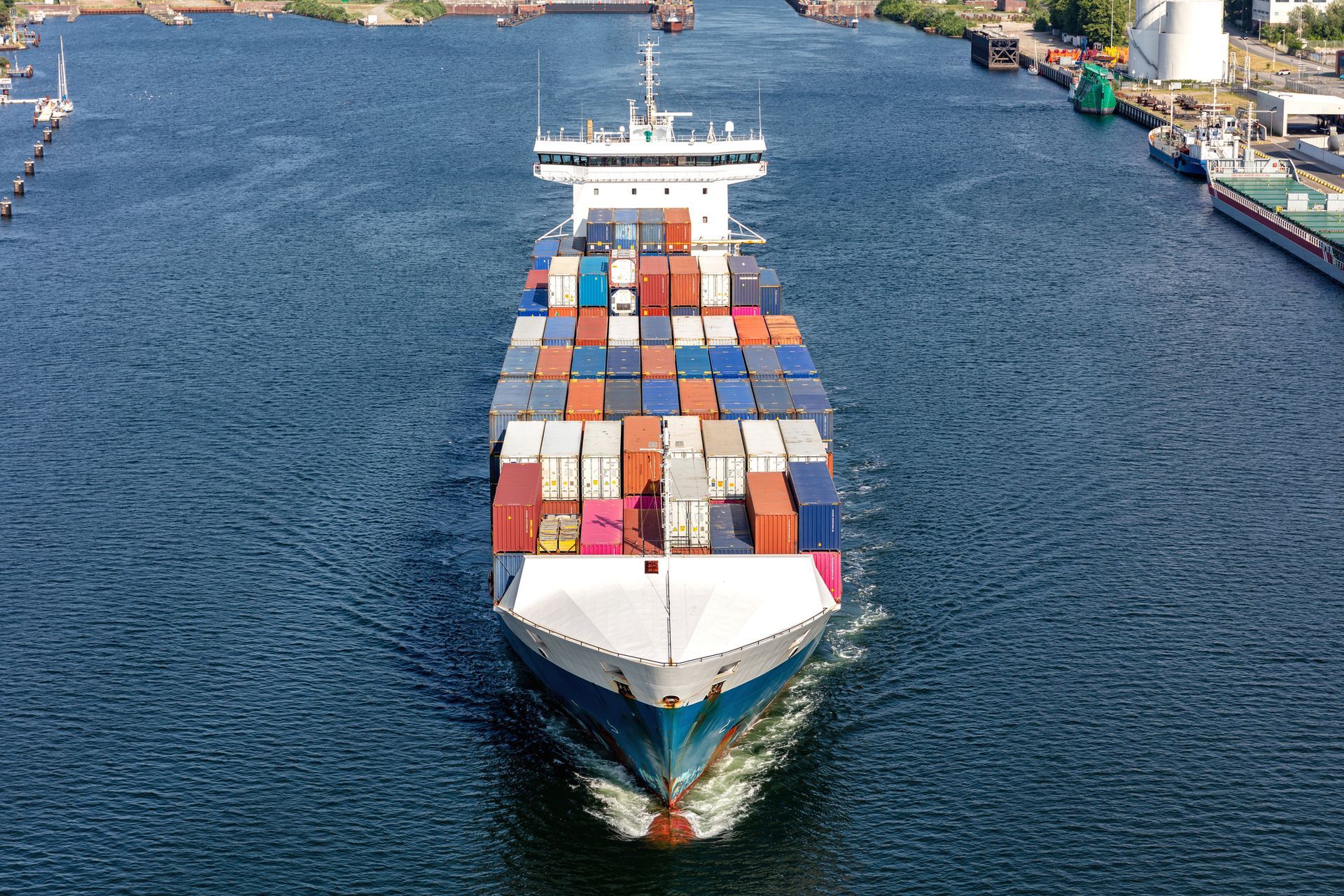
Have you heard about the Air CCT? In a globalized world where commercial exchanges between countries are frequent and substantial, efficiency in transmitting and managing air cargo data becomes essential.
Behind the scenes of imports arriving in Brazil, a digital revolution is taking place: the introduction of the Air CCT by the Brazilian Federal Revenue Customs Office. But why is this change so crucial?
Before this implementation, the old system caused delays and confusion in data transmission. Incorrect or missing data could trigger lengthy and bureaucratic processes, delaying deliveries and increasing costs. Imagine losing weeks of work due to a simple typo or a delay in document delivery.
The Air CCT promises to simplify this process, but how? And what are the real implications for those working in the air import industry? In this article, we will dive deep into this system, explaining its functionalities, benefits, and addressing some of the most common questions about this innovation.
What is the Air CCT?
The Air CCT is the system established by the Brazilian Federal Revenue Service Customs Office for transmitting data related to air imports. Previously, deconsolidation data for air imports was managed in another system, but it is now centralized within the Air CCT, which is part of the Single Portal.
To clarify, in maritime contexts, the term used is "BL," while in the air sector, it is referred to as "House Air Waybill." All cargo arriving in Brazil by air requires that its import data be transmitted through this system.
A key aspect of this change is the shift in responsibility: previously, airline and carrier representatives were responsible, but now the responsibility falls to cargo agents, who actually perform the air transportation service for the goods.
In short, the Air CCT is a digital platform where cargo agents transmit air cargo information to the Federal Revenue Service.
What are the purposes of the Air CCT?
The main purpose of the Air CCT is to facilitate the transmission and deconsolidation of data on air cargo arriving in Brazil.
Previously, this transmission was more complex: the cargo agent would send documents to the airline, which then informed the Federal Revenue Service about the goods arriving on a specific flight.
This process involved both the Master Air Waybill and the House Air Waybill ("houses" or "puppies").
The primary goal of this transmission was to inform the Revenue Service that a product was indeed arriving in the country. From the arrival date, deadlines for taxes and other procedures would begin.
With the implementation of the Air CCT, the process has become less bureaucratic and more streamlined. Now, the cargo agent can transmit the "houses" directly to the system, while the airline links the "master" to them.
For example, this allows the "house" to be transmitted even if the "master" has not yet been registered in the Federal Revenue system; it can be linked later.
This change has significantly reduced bureaucracy in resolving problems. Previously, an error in transmission could lead to processes taking weeks. Now, the Federal Revenue allows corrections within 48 hours, facilitating the resolution of discrepancies such as weight errors or mismatched information.
Another notable point is that although there is an estimated fine of R$5,000 for those who fail to provide prior information about the "house," this fine is currently not being enforced. This is because the system is still in its implementation phase, with a grace period of approximately six months (starting August 2) offered by the Federal Revenue.
Benefits of the Air CCT
The Air CCT was developed to modernize and streamline the import processes in Brazil. From the perspective of both customers receiving goods and freight forwarders, who are the primary mediators in this process, the system offers several key benefits:
- Data Transmission Security: The system ensures that transmitted information is protected and accurate, reducing errors that could cause delays or losses.
- Transparency: Both freight forwarders and customers can monitor the data transmission process, ensuring clarity and a better understanding of the process’s progress.
- Process Agility: Previously, data transmission was slower and dependent on document handling. With the Air CCT, this has become faster, enabling freight forwarders and customers to anticipate necessary actions for the arrival of goods.
Common Questions About the Air CCT
- Has the Mantra System been discontinued?
Yes. The Air CCT is a new system that replaced the previous Mantra system, which was deactivated on August 2. - Is the Air CCT only for imports?
Yes, the Air CCT was designed exclusively for imports. There are currently no plans to extend it to exports. - What is the Single Portal?
The Single Portal is a platform that serves multiple functions related to foreign trade. While it supports various transactions, the Air CCT was specifically created under Federal Revenue rules for imports. - How does the Air CCT compare to deconsolidation in the Merchant Navy?
Both systems are similar in that information is entered in a chain. In maritime transport, the shipowner enters their information, while in air transport, the freight forwarder is the primary responsible party, though airlines can also provide information. - Who is responsible for entering information in the Air CCT?
Cargo agents are now responsible for entering the "houses," also known as pups. They can do so at any time, even before the airline links the "master." - What are the deadlines for entering information into the system?
Deadlines depend on the flight’s distance:
- For long-haul flights, information must be entered up to four hours before arrival in Brazil.
- For intra-LATAM flights, up to 15 minutes after departure.
- Is there a fine for missing deadlines?
Yes, there is a R$5,000 fine. However, during an initial grace period of about 180 days, this fine was not enforced. - What is e-AWB?
e-AWB refers to the digitization of shipping documents, making the process more efficient and less reliant on paper. - Were there issues in implementing the Air CCT?
In the first ten days after implementation, several challenges arose, especially in high-traffic locations like Guarulhos airport. Many of these issues have since been resolved. - Is there a cost associated with the Air CCT?
Yes, freight forwarders incur costs for transmitting information through the system. Initial pricing confusion was later resolved with adjustments based on market practices. - How can I access the Air CCT?
Access to the Air CCT is available through the Single Portal. -
Conclusion
The implementation of the Air CCT represents a significant transformation in how air cargo is managed in Brazil. The system’s efficiency, transparency, and security are crucial in a market as dynamic and globalized as air imports.
As we navigate and adapt to these changes, it’s vital to rely on trusted partners who ensure maximum efficiency throughout all processes.
Continue a navegar no blog da Allink

Mantenha-se informado sobre o comércio exterior
Assine nossa newsletter e receba atualizações semanais de forma gratuita sobre o mundo da logística.




